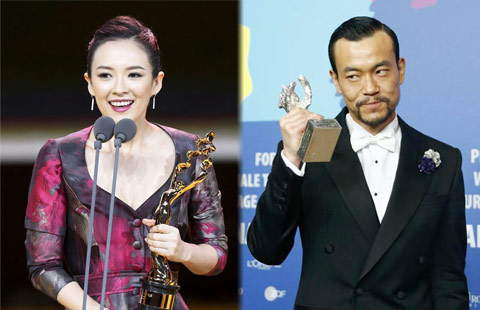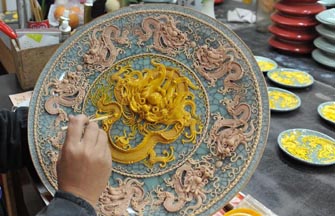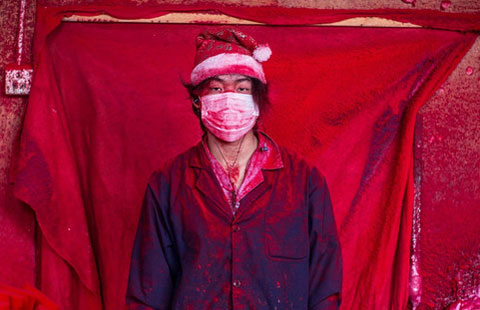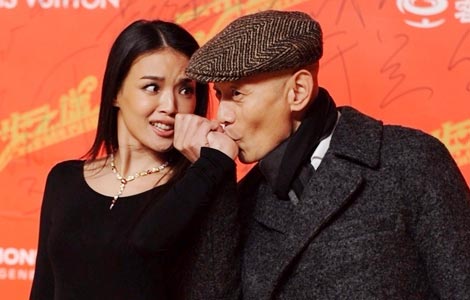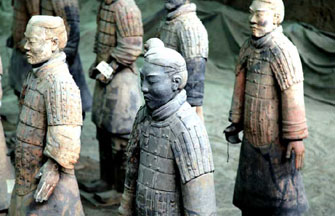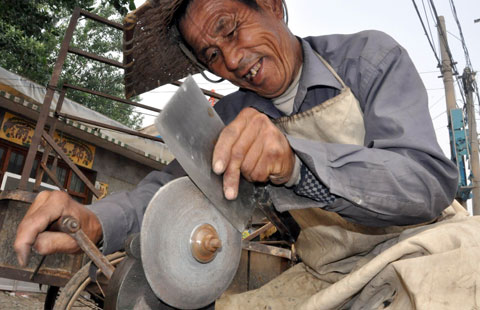List of richest Chinese writers revealed
By Mei Jia in Chengdu, Sichuan province ( chinadaily.com.cn ) Updated: 2014-12-22 14:09:20
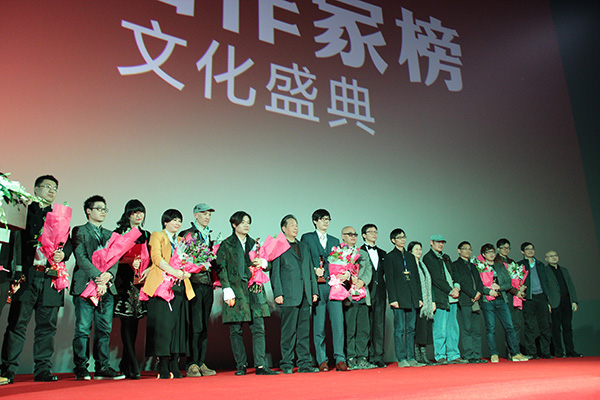 |
|
Writers on the China Writers Rich List attend a ceremony in Chengdu, Sichuan province, on Dec 20. [Photo by Mei Jia/China Daily] |
The richest Chinese writer reaped 19.5 million yuan ($3.14 million) in royalty gains in 2014, as the China Writers Rich List was launched on Dec 20 in Chengdu, Sichuan province.
According to the list, 50 Chinese writers have gained more than 1 million yuan in royalties from their works in print.
Among them, the country's Nobel laureate, Mo Yan, ranked 13th with 6.5 million yuan. Established writers like Yu Hua and Jia Pingwa respectively took 33rd with 2.65 million yuan and 47th with 1.5 million. Two top teen icons, Han Han and Guo Jingming, obtained the 6th and 7th places, with 15 million yuan and 13 million yuan, respectively.
Chinese reading trends
The listed writers roughly fall into three categories: established writers of serious literature, writers of online literature and popular reading and children's writers.
"The list, like the previous eight lists, shows that Chinese readers trust established literary masters and that the majority of readers who still buy books in print are children and teenagers," Wu Huaiyao, director of the list's organizing team, told China Daily.
"We're also pleased to find that the majority of book buyers are younger readers, which means the reading population among our next generation is comfortingly big," Wu added.
The list, the ninth annual list, is based on an equation consisting of book price, total copies sold and percentage of writers' royalties. It was made after the team spent months surveying online and offline bookstores, publishers and distributors, Wu said.
It has been regarded as an indicator of the country's reading and publishing trends.
The top winner is 34-year-old Zhang Jiajia, writer and playwright who soared to fame with a collection of short stories that is circulated widely and known for its soothing power for young readers struggling to find their place in society.
"My books sold out 4 million copies in 2013-14, and I was told there were another 4 million copies sold in unauthorized channels," Zhang said, adding he started creating by writing love letters on his classmates' behalf when young.
"I think readers now are tired of being lectured by books, they crave relaxation and relief by reading," Zhang said.
Wu agreed and added that Chinese are now reading to seek resonance of their basic social values, like their ideas about love, from books.
|
|
|
|
|
|
|
|


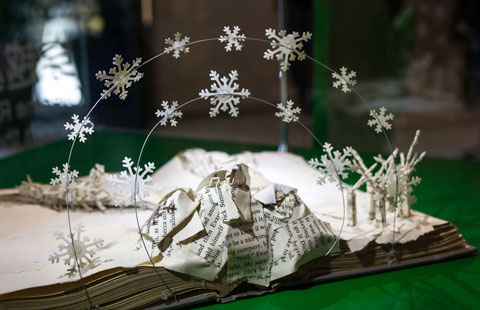
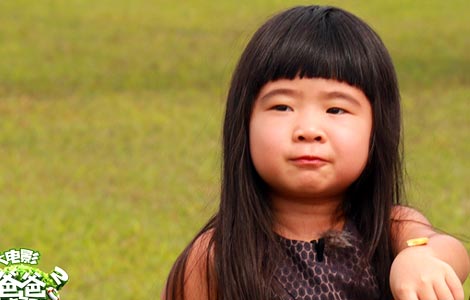






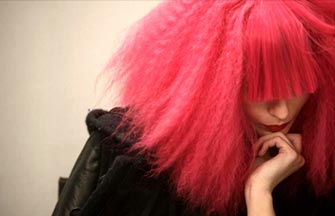





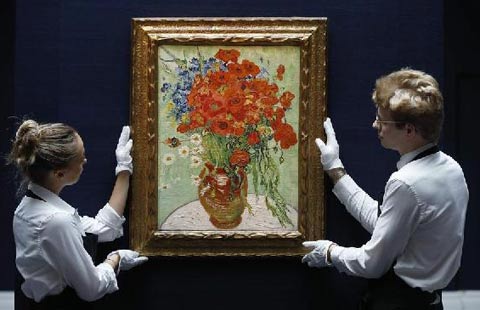
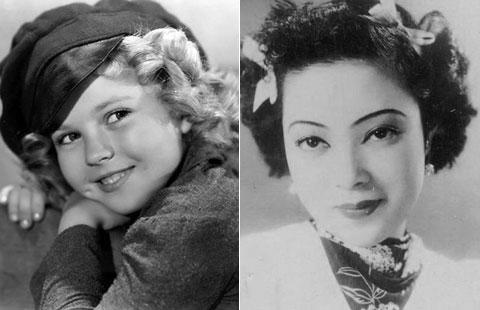



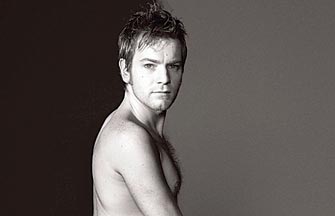 What's in a name?
What's in a name? Raymond Zhou:
Raymond Zhou: Pauline D Loh:
Pauline D Loh: Hot Pot
Hot Pot Eco China
Eco China China Dream
China Dream
